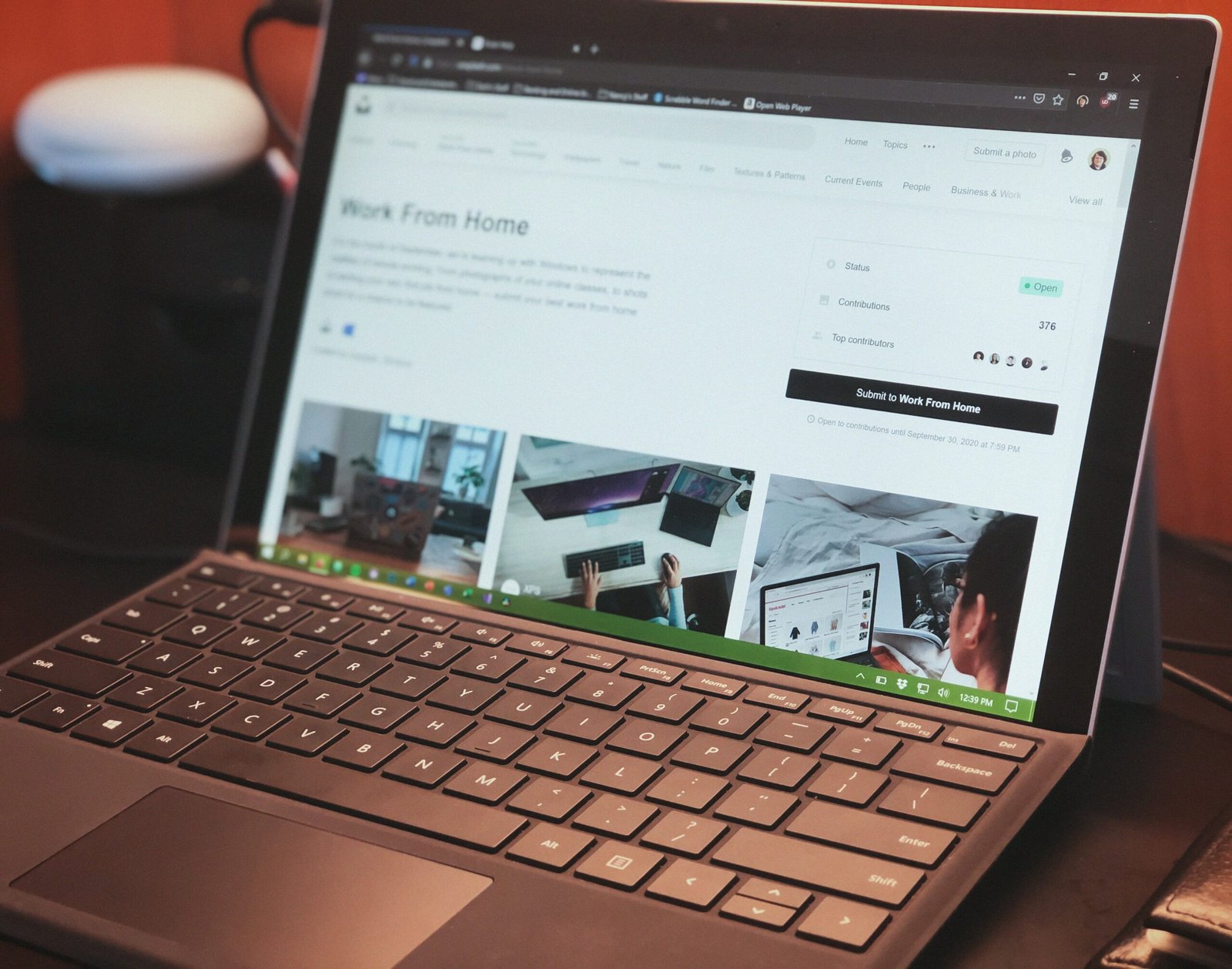Hey there! Microsoft is really shaking things up with their new Surface Pro, which they claim outperforms the 15-inch M3 MacBook Air in processing power and battery life. Equipped with Qualcomm’s Arm-based Snapdragon X Elite processor, the Surface Pro offers 58 percent better sustained multithreaded performance compared to the MacBook Air. Not only that, but it also boasts up to 15 hours of web browsing or 22 hours of local video playback, making it a strong contender in the laptop market. With its OLED display, advanced AI capabilities, and competitive pricing starting at $1,000, the Surface Pro is definitely worth checking out. Get ready to experience the power and innovation of Microsoft’s latest offering when it arrives on June 18!
“Microsoft Surface Pro Outperforms 15 Inch MacBook Air”
Hey there! Are you considering purchasing a new laptop and torn between the Microsoft Surface Pro and the 15-inch MacBook Air? Well, you’re in luck. In this article, we’ll delve into the details of why Microsoft claims that the new Surface Pro is faster and superior to the 15″ M3 MacBook Air. Let’s break it down for you!

Surface Pro vs. MacBook Air Specs
Let’s start by comparing the key specifications of the Microsoft Surface Pro and the 15″ M3 MacBook Air to get a better understanding of what each device offers in terms of performance and features.
Microsoft Surface Pro
The Surface Pro is equipped with Qualcomm’s Arm-based Snapdragon X Elite processor, providing powerful performance and efficiency. This 2-in-1 laptop runs Windows and boasts features like an OLED display, Wi-Fi 7 support, and advanced AI capabilities enabled by the neural processing unit. Starting at a base price of $1,000, the Surface Pro offers different configurations to suit your needs, with the high-end model priced at $1,500.
15″ M3 MacBook Air
On the other hand, the 15″ M3 MacBook Air features an 8-core CPU and 10-core GPU, delivering solid performance and graphics capabilities. While it offers a sleek design and MacOS experience, it falls short in comparison to the Surface Pro’s processing power according to Microsoft’s claims. The MacBook Air also provides up to 15 hours of wireless web browsing and 18 hours of local video playback.
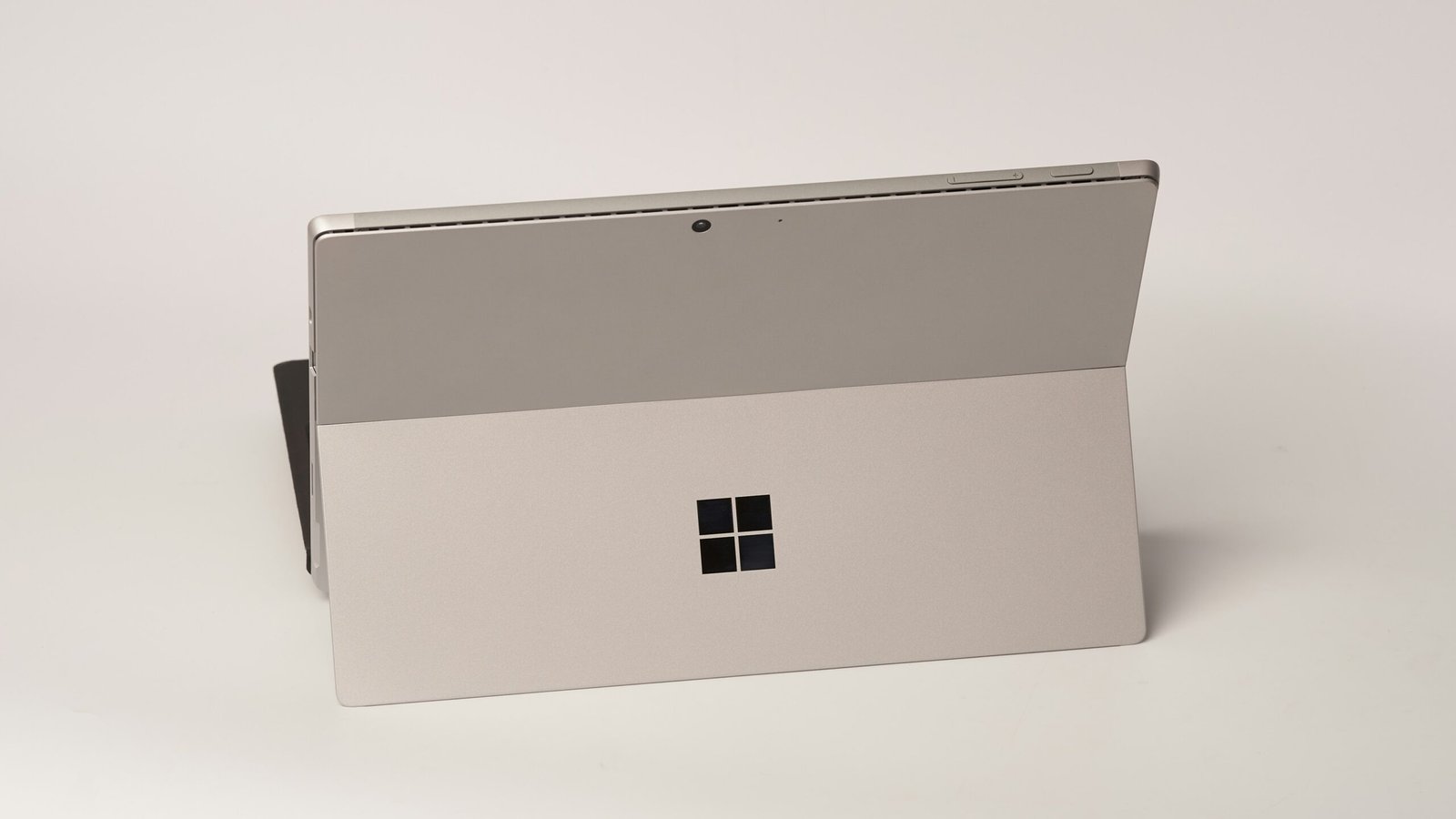
Performance Benchmarks
Now that we’ve looked at the specs, let’s dive into the performance benchmarks to see how the Surface Pro truly outperforms the 15″ M3 MacBook Air.
Multithreaded Performance
Microsoft’s marketing materials claim that the Surface Pro and other Copilot+ PCs with 12-core and 10-core processors offer 58 percent better sustained multithreaded performance compared to the 15″ MacBook Air. According to Cinebench benchmarks, the Surface Pro excels in tasks that require multitasking and resource-intensive applications, providing a smoother and more efficient user experience.
Battery Life
In terms of battery life, the Copilot+ PCs, including the Surface Pro, offer up to 15 hours of web browsing or 22 hours of local video playback. While the 15″ M3 MacBook Air matches the 15 hours of wireless web browsing, it falls short with only 18 hours of local video playback. The Surface Pro’s longer-lasting battery ensures that you can stay productive and entertained for an extended period without needing to recharge.
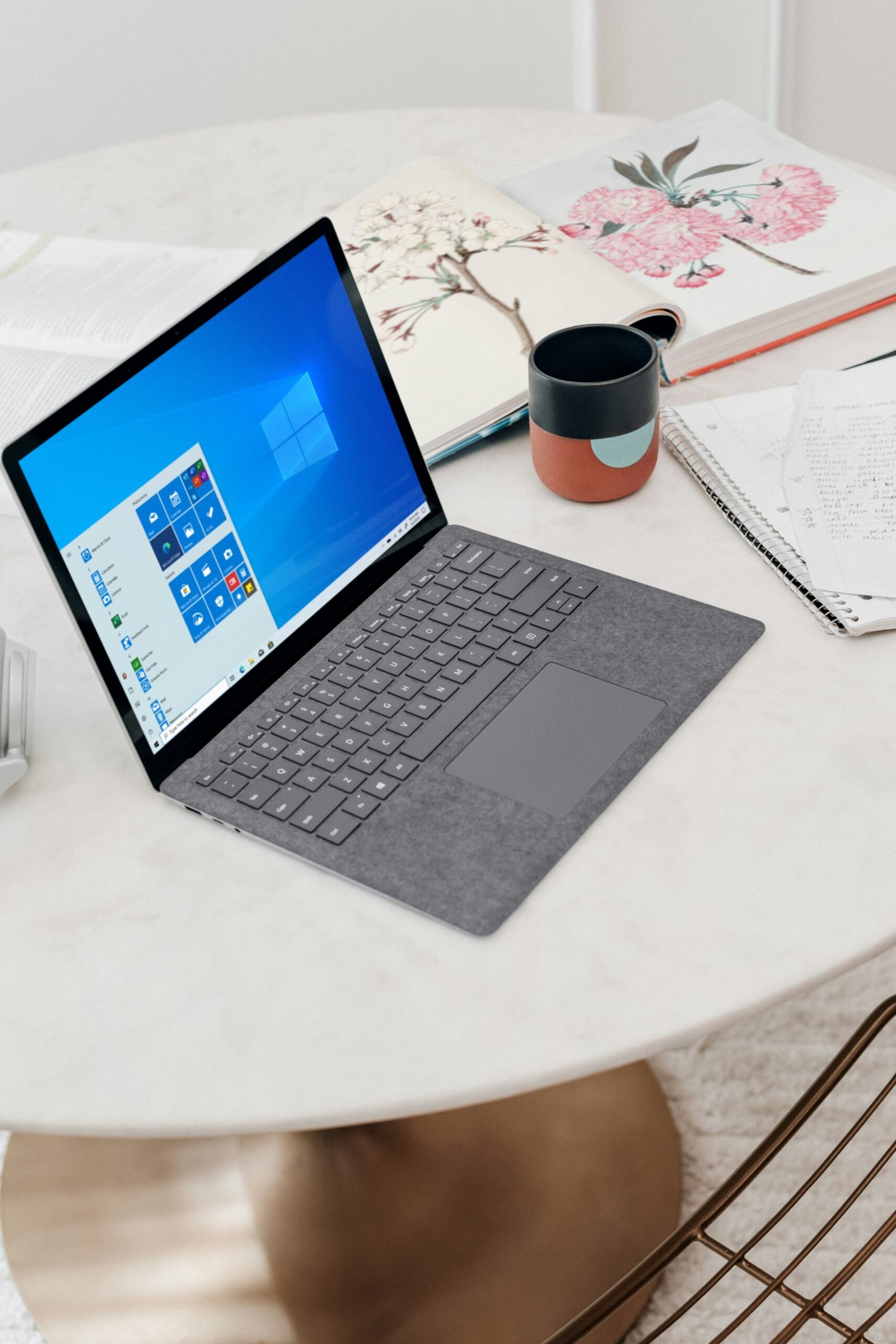
Comparison Demonstrations
Microsoft has conducted demonstrations comparing the Surface Pro to the 15″ M3 MacBook Air, showcasing the superior performance of the Surface Pro across various tasks and workflows. These comparisons highlight the efficiency and speed of the Surface Pro, emphasizing its ability to handle demanding workloads with ease.
Windows vs. Apple Silicon
For years, Windows PCs have struggled to keep up with Apple Silicon in terms of performance and power efficiency. However, with Qualcomm’s Arm-based Snapdragon X Elite processor, Microsoft is closing the gap and offering a compelling alternative to Apple’s offerings. The Surface Pro’s performance in comparison to the 15″ MacBook Air demonstrates that Microsoft is making significant strides in delivering cutting-edge technology to users.
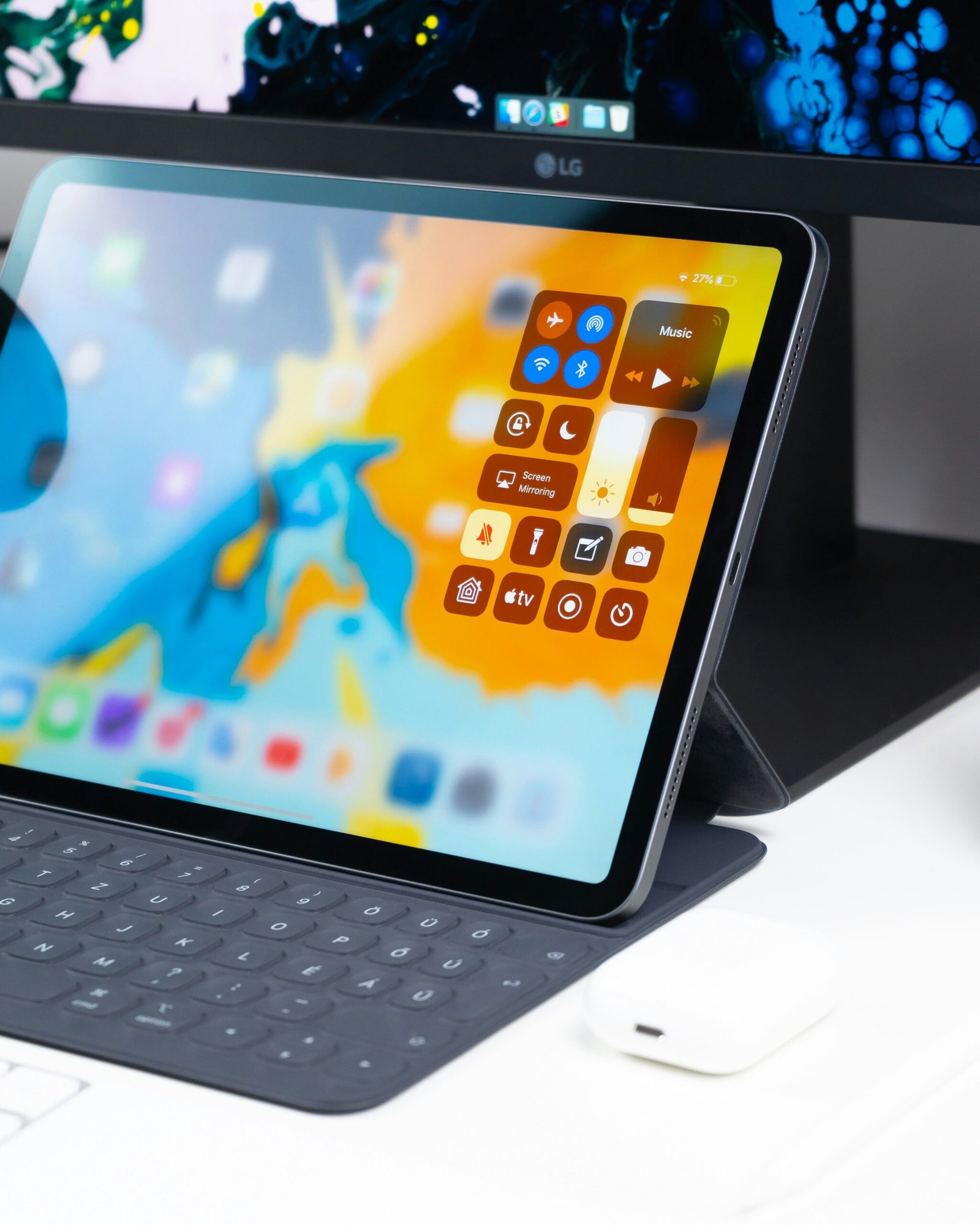
Pricing and Availability
If you’re considering purchasing the Surface Pro or the 15″ M3 MacBook Air, it’s essential to factor in pricing and availability to make an informed decision based on your budget and preferences.
Surface Pro Pricing
The Surface Pro starts at $1,000 for the base model, offering a range of configurations to choose from depending on your needs and usage patterns. The high-end model with an OLED display, Snapdragon X Elite chip, 16GB RAM, and a 512GB SSD is priced starting at $1,500. Microsoft is set to release the Surface devices on June 18, providing customers with the option to upgrade to a powerful and versatile computing solution.
MacBook Air Pricing
The 15″ M3 MacBook Air is priced competitively, offering a premium MacOS experience with a focus on design and performance. While it may not match the Surface Pro in terms of processing power, the MacBook Air remains a solid choice for users who value the Apple ecosystem and seamless integration between devices.
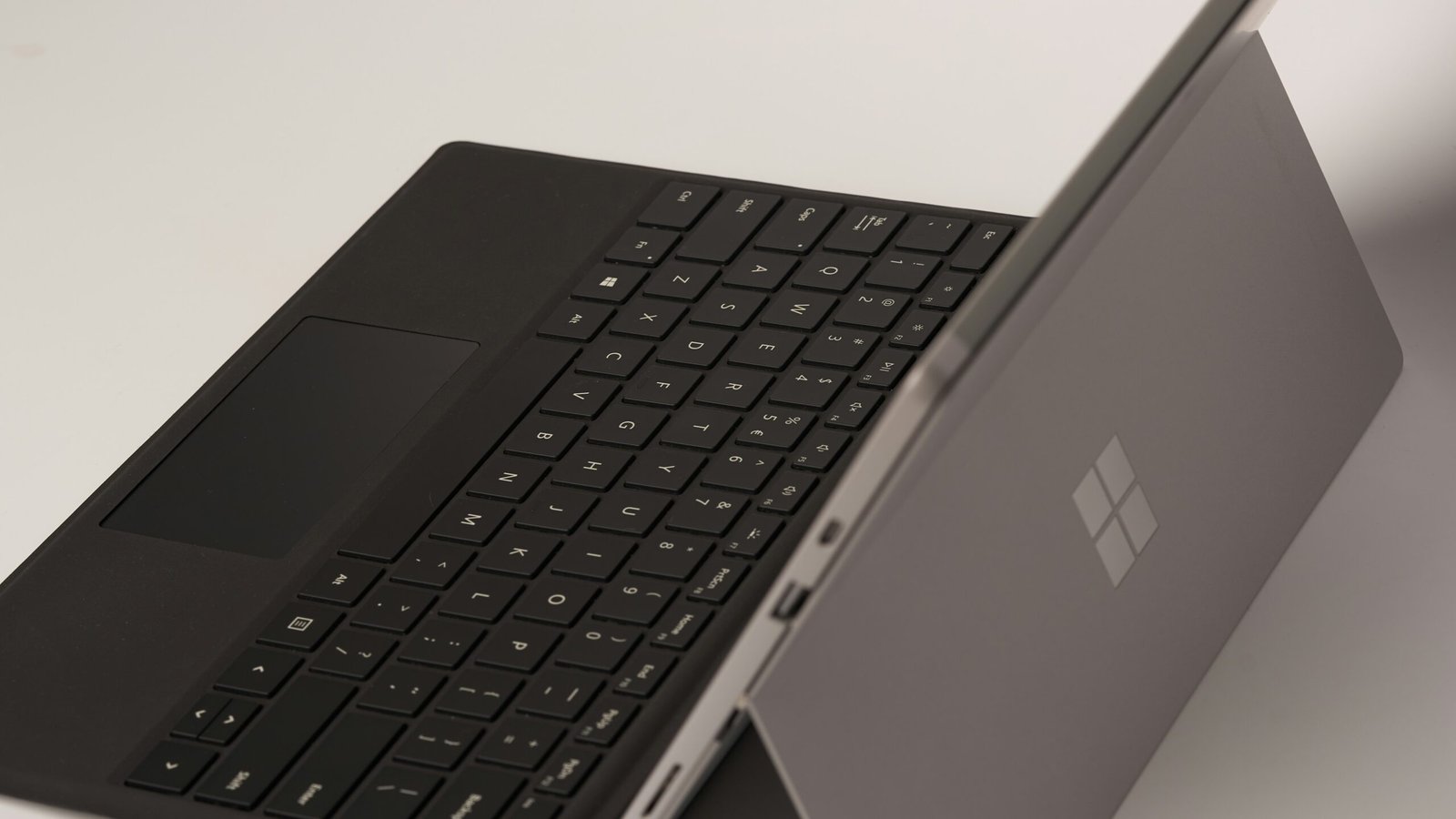
Final Thoughts
In conclusion, Microsoft’s claims that the new Surface Pro outperforms the 15″ M3 MacBook Air based on processing power and battery life are backed by performance benchmarks and comparisons. The Surface Pro’s advanced features, AI capabilities, and efficiency make it a compelling choice for users seeking a versatile and high-performance laptop.
Whether you prioritize performance, battery life, or ecosystem compatibility, both the Surface Pro and the 15″ M3 MacBook Air offer unique benefits and features for different user preferences. Ultimately, your choice between the two devices will depend on your specific needs and use cases.
So, which one will you choose? Let us know in the comments below and join the discussion with fellow tech enthusiasts!

